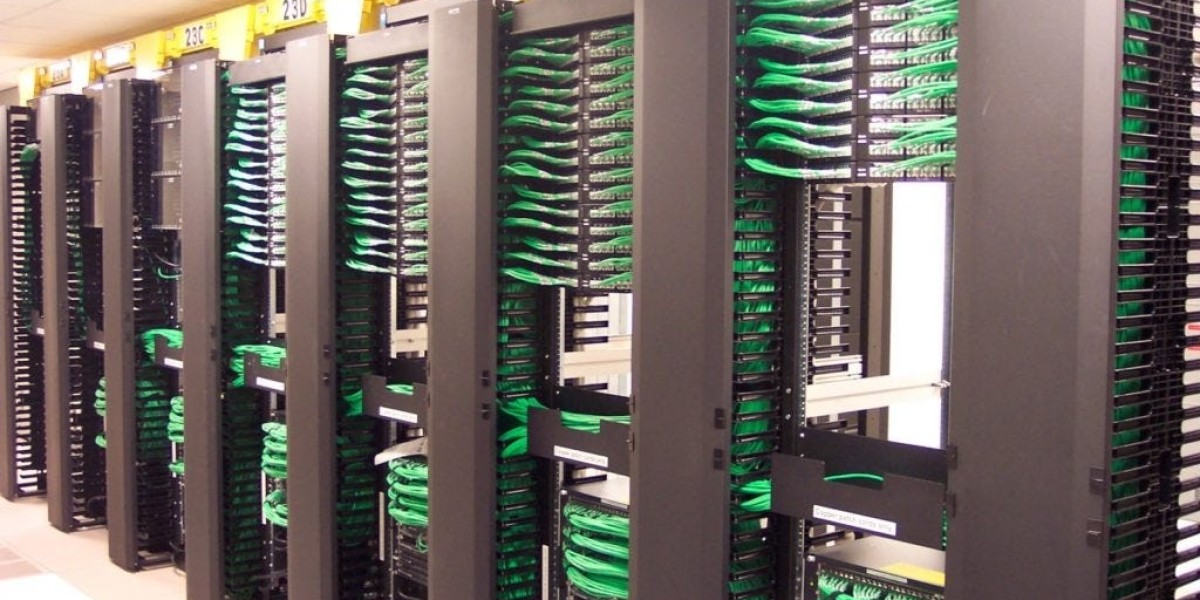Benefits Of Parental Involvement
Parental involvement can have positive effects on various aspects of your child’s education, such as:
· Motivation: When you show interest and support in your child’s education, you help them develop a positive attitude and a sense of responsibility towards their learning. You also help them set realistic goals and expectations, and encourage them to pursue their interests and passions.
· Attendance: When you monitor and ensure your child’s regular attendance at school, you help them avoid missing out on important lessons and activities. You also help them develop good habits and discipline that will serve them well in the future.
· Behavior: When you model and reinforce appropriate behavior and values at home, you help your child develop social and emotional skills that are essential for their education. You also help them cope with peer pressure, bullying, or other challenges that they may encounter at school or in the community.
· Self-esteem: When you praise and appreciate your child’s efforts and achievements in their education, you help them build confidence and self-esteem. You also help them overcome their fears and failures, and learn from their mistakes.
· Learning outcomes: When you assist and guide your child with their homework and assignments, you help them reinforce what they have learned at school. You also help them develop critical thinking, problem-solving, and creativity skills that are crucial for their education.
· Satisfaction: When you communicate regularly and effectively with your child’s teachers and school authorities, you help them understand your child’s strengths, weaknesses, needs, and preferences. You also help them provide feedback, guidance, and support to your child. This can lead to increased satisfaction, trust, and collaboration between you, your child, and the school.
Challenges Of Parental Involvement
While parental involvement can have many benefits for your child’s education in small towns, it can also pose some challenges and difficulties for you as a parent. Some of these are:
· Time: As a parent in a small town, you may have a busy schedule or multiple responsibilities that make it hard for you to find time to be involved in your child’s education. No matter the part of the country, whether your kid is studying in the State board, ICSE or CBSE school in Miraj, Chamba, Rayalaseema or big city like Mumbai or Bengaluru, you may have to juggle work, household chores, family obligations, or other commitments that leave you with little or no time to attend school events, volunteer, communicate with teachers, or help with homework.
· Resources: As a parent in a small town, you may have limited access to resources or facilities that can help you be involved in your child’s education. You may lack reliable internet connection, transportation, or childcare options that can enable you to access online information, visit the school, or participate in school activities. You may also lack financial resources or educational background that can help you provide adequate support or guidance to your child.
· Awareness: As a parent in a small town, you may have low awareness or knowledge of the importance or benefits of parental involvement in your child’s education. You may not be familiar with the curriculum or standards, or the expectations or opportunities that it offers to your child. You may also not be aware of the ways or means by which you can be involved in your child’s education.
· Communication: As a parent in a small town, you may have poor communication or relationship with your child’s teachers or school authorities. You may face language barriers or cultural differences that make it hard for you to understand or communicate with them. You may also face negative attitudes or stereotypes from them that make you feel unwelcome or intimidated by them.
· Support: As a parent in a small town, you may have low support or encouragement from the school or the community to be involved in your child’s education. You may not receive adequate information or feedback from the school about your child’s progress or performance. You may also not receive recognition or appreciation from the school or the community for your efforts or contributions.
Tips For Overcoming Challenges
Despite these challenges and difficulties, you can still be involved in your child’s education in small towns. Here are some tips and suggestions on how to overcome them:
· Time: To manage your time effectively, you can prioritize and plan your activities and responsibilities. You can also delegate or share some of your tasks or duties with others, such as your spouse, relatives, friends, or neighbors. You can also make use of the available time that you have with your child, such as during meals, bedtime, or weekends, to talk to them about their education and show your interest and support.
· Resources: To access the resources or facilities that you need, you can seek help or assistance from others, such as your child’s teachers, school authorities, or community organizations. You can also make use of the resources or facilities that are available to you, such as public libraries, local newspapers, or radio stations. You can also use your own skills or experiences to help your child with their education, such as reading, writing, or storytelling.
· Awareness: To increase your awareness or knowledge of the importance or benefits of parental involvement in your child’s education, you can educate yourself or learn more about it. You can read books, articles, or blogs on the topic. You can also attend workshops, seminars, or webinars that are offered by the school or the community. You can also ask questions or seek advice from others who are more knowledgeable or experienced than you, such as your child’s teachers, school authorities, or other parents.
· Communication: To improve your communication or relationship with your child’s teachers or school authorities, you can be proactive and initiate contact with them. You can introduce yourself and express your interest and willingness to be involved in your child’s education. You can also be respectful and courteous to them and appreciate their efforts and contributions. You can also be open and honest with them and share your concerns or suggestions with them.
· Support: To receive more support or encouragement from the school or the community to be involved in your child’s education, you can be active and participate in the activities or events that are organized by them. You can also join or form groups or networks with other parents who share your interests or goals. You can also seek recognition or appreciation from the school or the community for your efforts or contributions by showcasing them or sharing them with others.
Conclusion
Parental involvement is a key factor for the success and well-being of students in small towns. It can have many benefits for your child’s motivation, attendance, behavior, self-esteem, learning outcomes, and satisfaction. It can also pose some challenges and difficulties for you as a parent, such as time, resources, awareness, communication, and support.
However, you can overcome these challenges and difficulties by following some tips and suggestions, such as prioritizing and planning your time, seeking help and assistance from others, educating yourself and learning more about it, being proactive and initiating contact with the school, and being active and participating in the school activities.
By being involved in your child’s education in small towns, you can make a positive difference in their lives and futures. Whether you live in a small town in the most economically developed state in India or the richest town in the same state, the quality of education is going to be somewhat the same. For example, the schools in Miraj Maharashtra, impart the same education as the schools in Mumbai Maharashtra., You can also enjoy a rewarding and fulfilling experience for yourself and your family.








